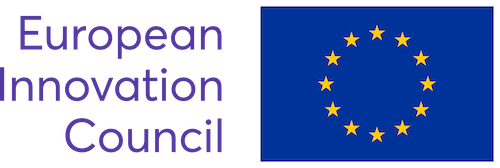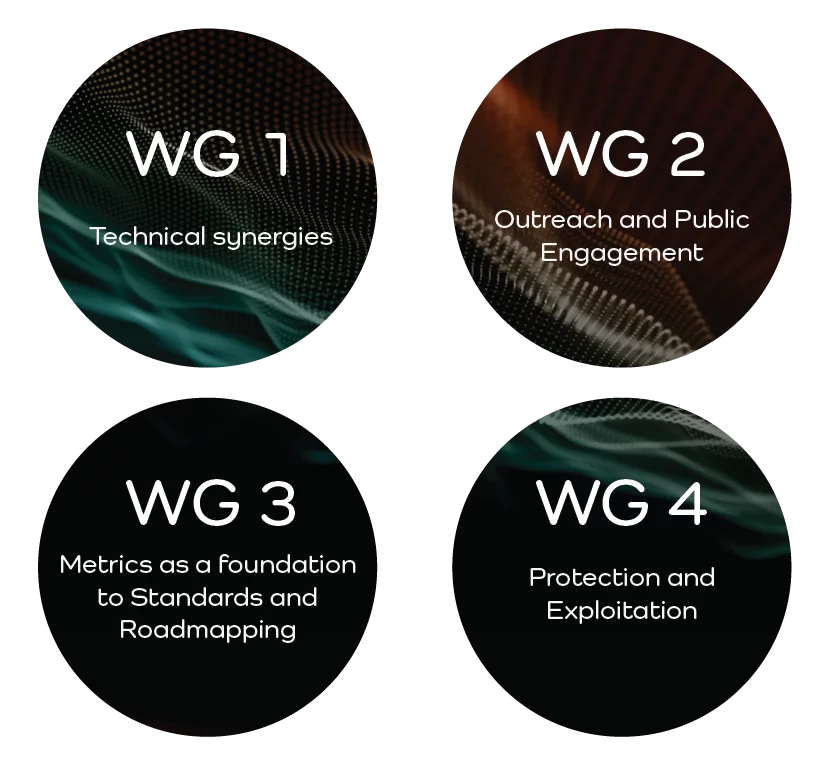Announcing the 2nd DigNA webinar
DNA is emerging as a promising medium for the long-term storage of data. However, like all storage technologies, it is prone to errors durin...
15 February, 2025Current digital data storage technologies face sustainability challenges due to high energy consumption and the use of rare and toxic materials. DNA-based storage offers a promising alternative with significantly higher information densities and millennia-long stability. While in vitro DNA archiving has proven successful, economic viability remains a challenge, especially for broader applications and data types. Despite technical hurdles, interest from large corporations and governments is growing, particularly in Europe, where there is potential for academic and commercial development.
The EIC Pathfinder Challenge seeks scalable and reliable approaches for using DNA as a data-storage medium. Solutions should enhance read, write, and/or edit operations, leveraging DNA’s density and stability. Alternative coding techniques and polymeric substrates are also considered, provided they offer similar benefits. Proposed techniques must improve throughput, DNA length, reliability, speed, and cost. Applications may extend beyond data storage, to data-processing, in vivo sensing, and/or fingerprinting.

New approaches for coding, decoding, modification or computational use of digital data in synthetic DNA or other sequence-controllable polymers with quantitative targets (theoretical and technological)

Proof-of-Concept of technical feasibility with indications of at least state of the art benefits and major operational characteristics (e.g. extreme densities, longevity, stability) and going well beyond for some of them (e.g. speed, cost, accuracy)

End-to-end scenarios of use, be it for data storage (archival, but also shorter term storage) or other purposes (like sensing, cryptography or computation) that exploit the benefits of the technology
The EIC Pathfinder Challenge seeks scalable and reliable approaches for using DNA as a data-storage medium. Solutions should enhance read, write, and/or edit operations, leveraging DNA’s density and stability. Alternative coding techniques and polymeric substrates are also considered, provided they offer similar benefits. Proposed techniques must improve throughput, DNA length, reliability, speed, and cost. Applications may extend beyond data storage, to data-processing, in vivo sensing, and/or fingerprinting.

Computational, Chemical and Biotechnology Solutions to Improved DNA Data Storage: from In-Product Information and Cryptography to Long-Term Archiving
Proof of concept of affordable and scalable DNA data storage by developing a writing technology based on enzymatic DNA synthesis with a very dense semiconductor integrated circuit (CMOS chip)
In order to structure and intensify collaborative efforts of the Pathfinder Challenge portfolio projects, four working groups targeted at different outcomes and interest groups were created. These working groups include Technical synergies, Outreach and Public Engagement, Metrics as a foundation for Standards and Roadmapping, and Protection and Exploitation.
As part of the portfolio, MI-DNA Disc will participate in each of the working groups to ensure efficient collaboration and development of synergies with other projects within the portfolio. MI-DNA Disc partners will actively participate in all portfolio-related activities.

DNA is emerging as a promising medium for the long-term storage of data. However, like all storage technologies, it is prone to errors durin...
15 February, 2025DigNA Portfolio is proud to announce a Webinar Series on DNA data storage technology. The series will start in December 2024. Designed to fo...
25 November, 2024On June 24th and 25th MI-DNA Disc will fly to Munich, Germany for the first in-person meeting of the DigNA group. As already reported on the...
13 June, 2024MI-DNA Disc officially participates in the EIC challenge dedicated to DNA-storage together with a portfolio of projects funded by the Europe...
07 January, 2024